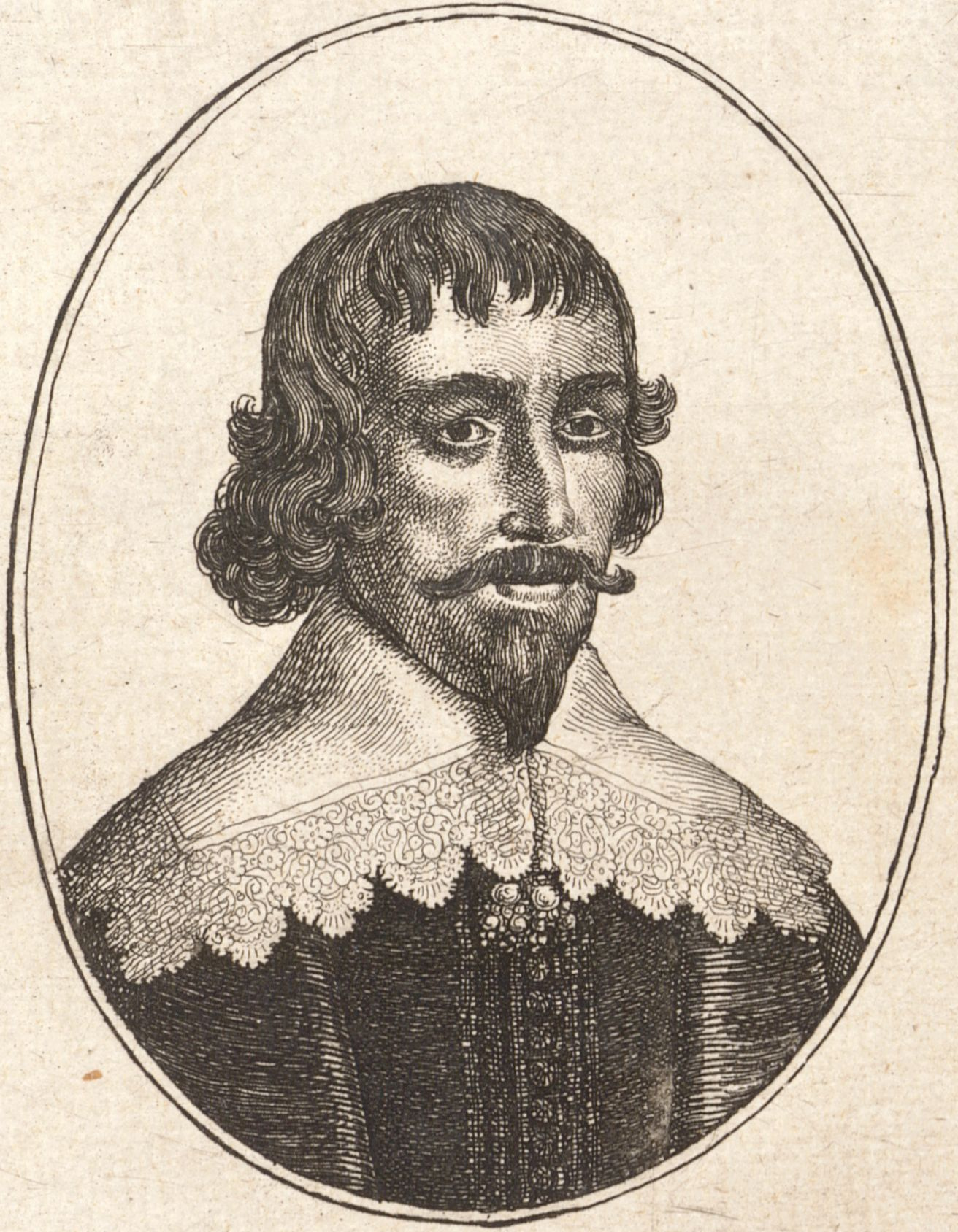|
Silas Titus (politician)
Silius Titus (1623–1704), of Bushey, was an English politician, Captain of Deal Castle, and Groom of the Bedchamber to King Charles II. Colonel Titus was an organiser in the attempted escape of King Charles I from Carisbrooke Castle. Early life He was born in London, the son of Silas Titus, a salter and Constatia (Constance) Colley. He was educated at Christ Church, Oxford, where he matriculated in 1638, and the Middle Temple. Killing No Murder Titus began his political aspirations by writing a pamphlet titled ''Killing No Murder'' in 1657 during The Protectorate period of the English Interregnum era of English history. The pamphlet advocated the assassination of Oliver Cromwell. Due to the danger involved in writing such a politically charged opinion against the Protector, ''Killing No Murder'' was published under the pseudonym 'William Allen'. Cromwell was said to have been so disturbed after the publication of ''Killing No Murder'' that he never spent more than two ... [...More Info...] [...Related Items...] OR: [Wikipedia] [Google] [Baidu] |
Bushey
Bushey is a town in the Hertsmere borough of Hertfordshire in the East of England. It has a population of over 25,000 inhabitants. Bushey Heath is a large neighbourhood south east of Bushey on the boundary with the London Borough of Harrow reaching elevations of above sea level. History The first written record of Bushey is its entry in the Domesday Book of 1086, which describes a small agricultural village named 'Bissei' (which later became 'Biss(h)e' and then 'Bisheye' during the 12th century). However, chance archaeological findings of Stone Age tools provide evidence that the area was inhabited as far back as the Palaeolithic period. The town also has links to the Roman Britain, Roman occupation of Great Britain, Britain, with the main road running through it being Roman; sites of possible Roman villas being unearthed in the area; and a Roman tessellated pavement was discovered near Chiltern Avenue. The origin of the town's name is not fully known. In terms of the origi ... [...More Info...] [...Related Items...] OR: [Wikipedia] [Google] [Baidu] |
Ludgershall (UK Parliament Constituency)
Ludgershall was a parliamentary borough in Wiltshire, England, which elected two Members of Parliament (MPs) to the House of Commons from 1295 until 1832, when the borough was abolished by the Great Reform Act. Ludgershall is a town north-east of Salisbury Salisbury ( ) is a cathedral city in Wiltshire, England with a population of 41,820, at the confluence of the rivers Avon, Nadder and Bourne. The city is approximately from Southampton and from Bath. Salisbury is in the southeast of Wil .... The population was 535 in 1831. Members of Parliament 1295–1640 1640–1832 Sources * Robert Beatson, ''A Chronological Register of Both Houses of Parliament'' (London: Longman, Hurst, Res & Orme, 1807) * ''Cobbett's Parliamentary history of England, from the Norman Conquest in 1066 to the year 1803'' (London: Thomas Hansard, 1808) * J E Neale, ''The Elizabethan House of Commons'' (London: Jonathan Cape, 1949) * J Holladay Philbin, ''Parliamentary Representa ... [...More Info...] [...Related Items...] OR: [Wikipedia] [Google] [Baidu] |
William Prynne
William Prynne (1600 – 24 October 1669), an English lawyer, voluble author, polemicist and political figure, was a prominent Puritan opponent of church policy under William Laud, Archbishop of Canterbury (1633–1645). His views were presbyterian, but he became known in the 1640s as an Erastian, arguing for overall state control of religious matters. Early life Born at Swainswick, near Bath, Somerset, William Prynne was educated at Bath Grammar School and Oriel College, Oxford. He graduated as a BA on 22 January 1621, entered as a student of Lincoln's Inn in the same year, and was called to the bar in 1628. According to Anthony Wood, he was confirmed in his militant puritanism by the influence of John Preston, then a lecturer at Lincoln's Inn. In 1627 he published his first of over 200 works, a theological treatise titled ''The Perpetuity of a Regenerate Man's Estate''. This was followed in the next three years by three others attacking Arminianism and its teachers. In the ... [...More Info...] [...Related Items...] OR: [Wikipedia] [Google] [Baidu] |
William Thomas (MP For Ludgershall)
William Thomas (c. 1630 – 1686) was an English lawyer and politician who sat in the House of Commons in 1660. Thomas was the son of George Thomas of Savernake, Wiltshire. He was a student at Gray's Inn in 1648 and was called to the bar in 1652. In 1656, he succeeded to the estates of his father. He was J.P. for Dorset from March 1660 until his death. In April 1660, Thomas was elected Member of Parliament for Ludgershall. After a double return he took his seat in the Convention Parliament on 23 May. He was very active in parliament making 26 recorded speeches and serving on 33 committees, of which he took the chair in three. He expressed strong Anglican and Royalist views. He was proposed as one of the Knights of the Royal Oak, with an income of £600 p.a. He was commissioner for assessment for Dorset from August 1660 to 1674 and for Wiltshire from August 1660 to 1661. He became an ancient of his Inn in 1667 and an associate bencher in 1676. Thomas died at the age of a ... [...More Info...] [...Related Items...] OR: [Wikipedia] [Google] [Baidu] |

